A former Volkswagen plant in Kaluga, western Russia, is reported to be negotiating plans to assemble kits from China’s Chery
The plant was sold by VW in May to Art-Finance, a subsidiary of Russian car dealer Avilon. Citing anonymous sources familiar with the matter, Russian publication Avtonews said Avilon is reportedly in the final stage of negotiations with Chinese carmaker Chery to assemble its Omoda S5.
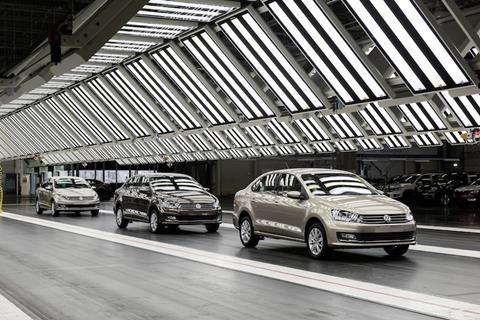
The Omada S5, a compact SUV, is likely to be marketed under a newborn brand. In the next several months, Chery plans to officially withdraw the Omoda S5 from the Russian market to return it in the form of a localised version under a new brand name.
An agreement with Chery is believed to pave the way for the German carmaker to finally exit Russia. On March 17, a regional court froze Volkswagen Group’s assets in Russia. The Russian carmaker Gaz, which had been contracted to assemble cars for VW at the Nizhny Novgorod plant, reportedly demanded 28.4 billion roubles ($348m) in compensation from VW for early termination of the contract assembly at the plant as a result.
Russian newspaper Vedomosti reported that the rationale behind seizing assets was to block VW from pulling out from Russia. However, the asset freeze was suddenly lifted on April 2. A few weeks later, the Russian government greenlighted the sale of the VW business in the country, which analysts in Russia have said likely happened thanks to the agreement with Chery.
Avoiding risks
Chery refrains from directly localising vehicle production in Russia, referring to financial risks and the Russian government’s unclear policy on the domestic automotive market, another anonymous source in the Chinese carmaker told Avtonews.
A Russian partner is expected to take on all possible risks, while Chery agrees only to sell its automotive kits, which will be assembled at the plant. Avilon will be responsible for marketing, logistics, and servicing the finished vehicles sold under the new brand.
Chery appears to be following the lead of another Chinese carmaker JAC, which supplies automotive kits to the former Renault plant in Moscow, where a local company assembles finished vehicles under a revived Soviet brand Moskvitch. Officially, JAC finished vehicles are not assembled in Russia.
Facilitating the transition
The source also disclosed that a former VW top manager in Russia agreed to assist in re-launching the Kaluga plant. This should help the new owner to avoid the problems the Moskvitch plant faced after Renault left machines without software and in a non-working state. Dmitry Trudovoy, chairman of the Russian Trade Union’s Association, confirmed that negotiations with a Chinese company on resuming finished vehicle production at the Kaluga plant took place.
VW left some equipment at the plant, so putting the conveyor back into operation for semi-knocked down vehicles should not be difficult. “The main thing is that the model should fit the conveyor in terms of dimensions. If the finished vehicle does not fit these parameters, the conveyor will have to be adjusted – this is very expensive,” Trudovoy said.
“Omoda S5 and Volkswagen Polo are similar in design and size. Welding robots and painting equipment used are the same,” commented Sergei Burgazliev, an independent automotive industry consultant, adding that some adjustments of the production cycle would be required, but this is not comparable to launching production of fundamentally different models.

























![Global[1]](https://d3n5uof8vony13.cloudfront.net/Pictures/web/a/d/s/global1_726550.svgz)




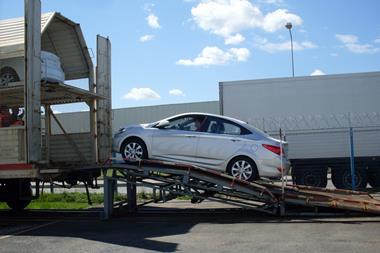
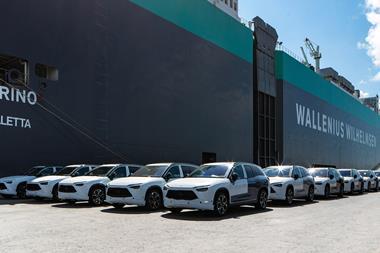
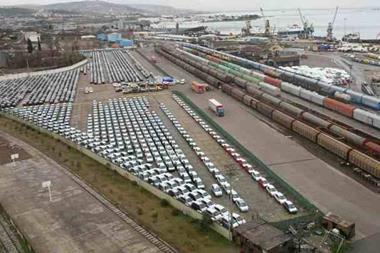
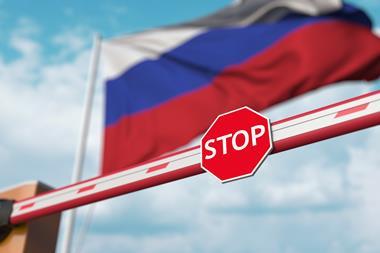





No comments yet